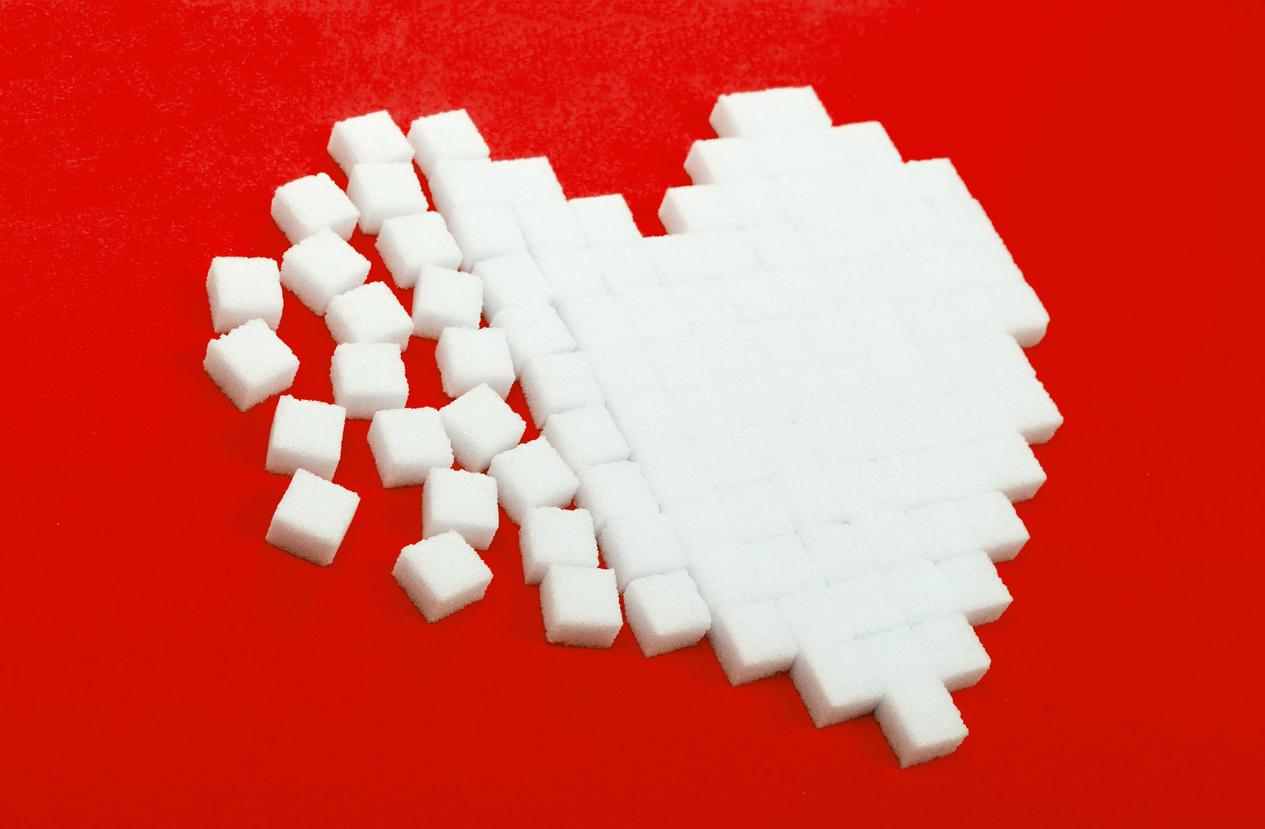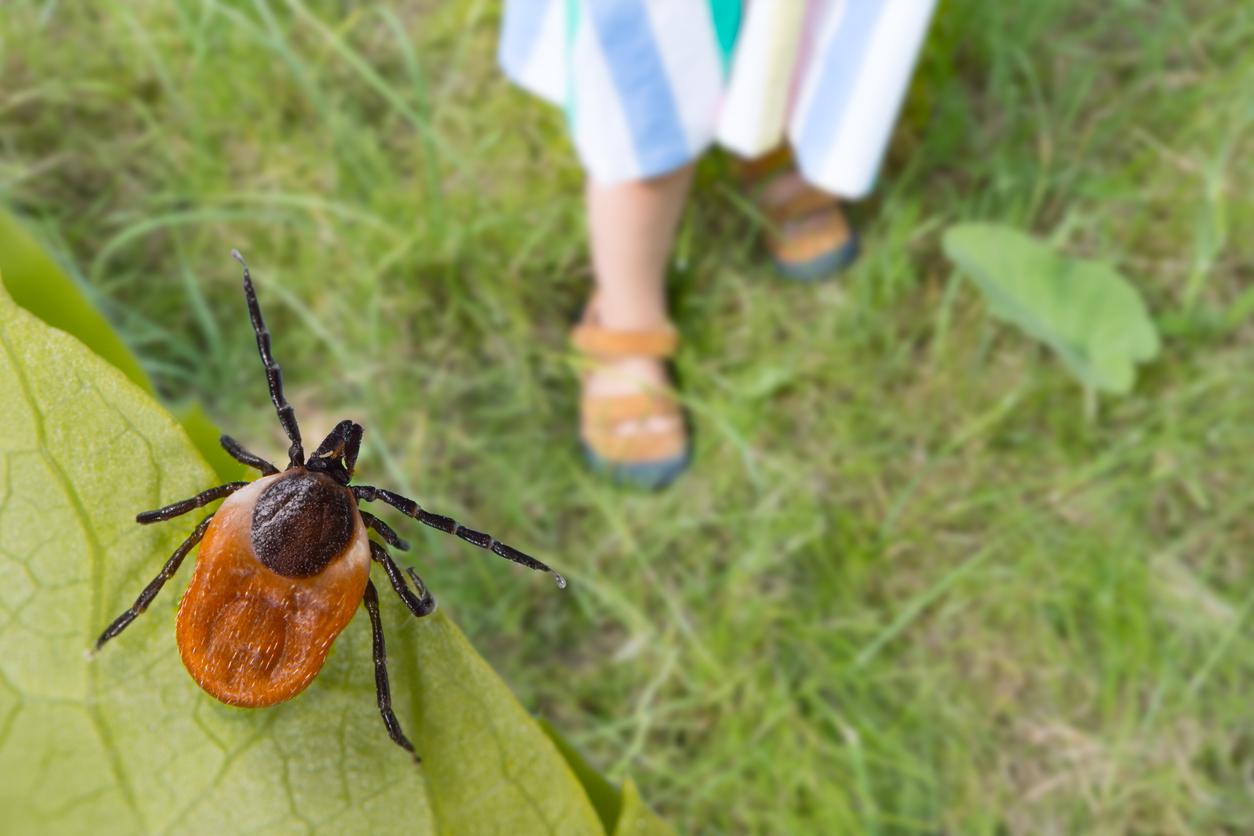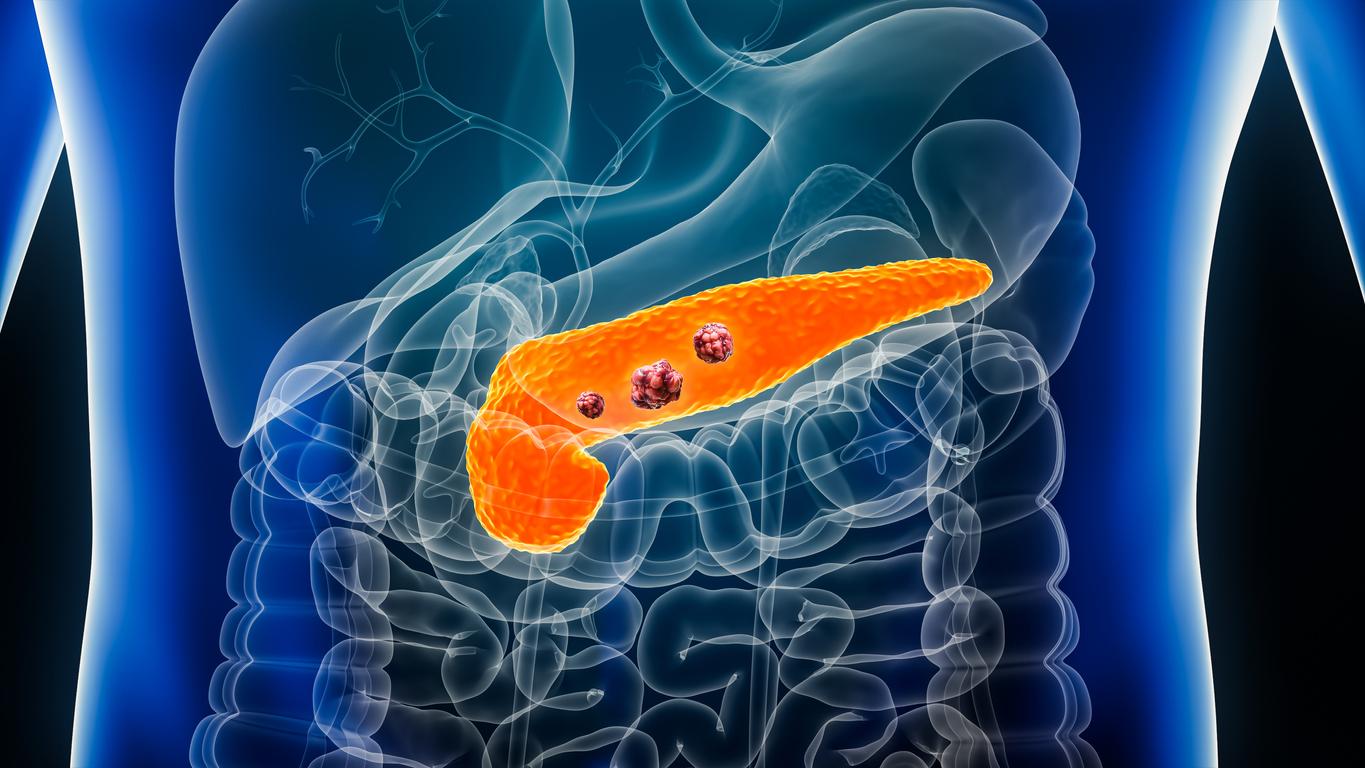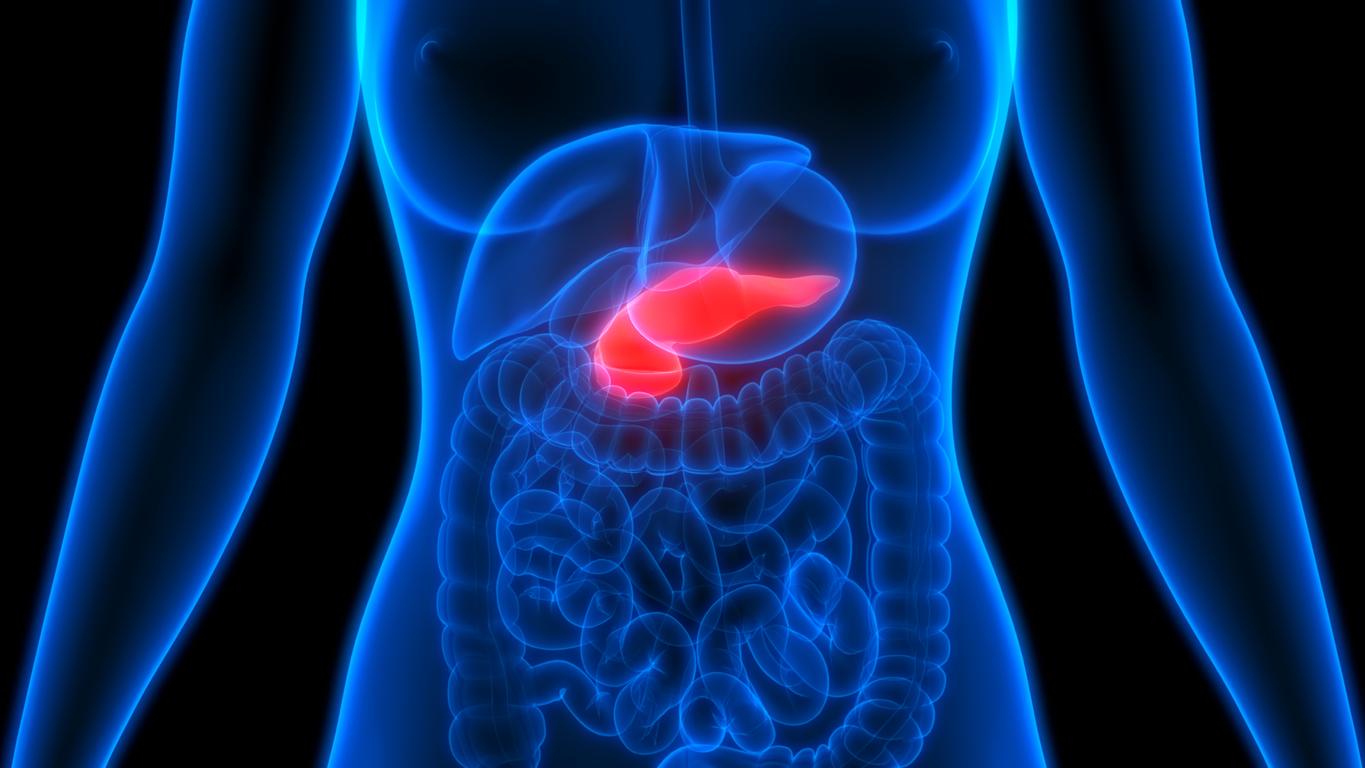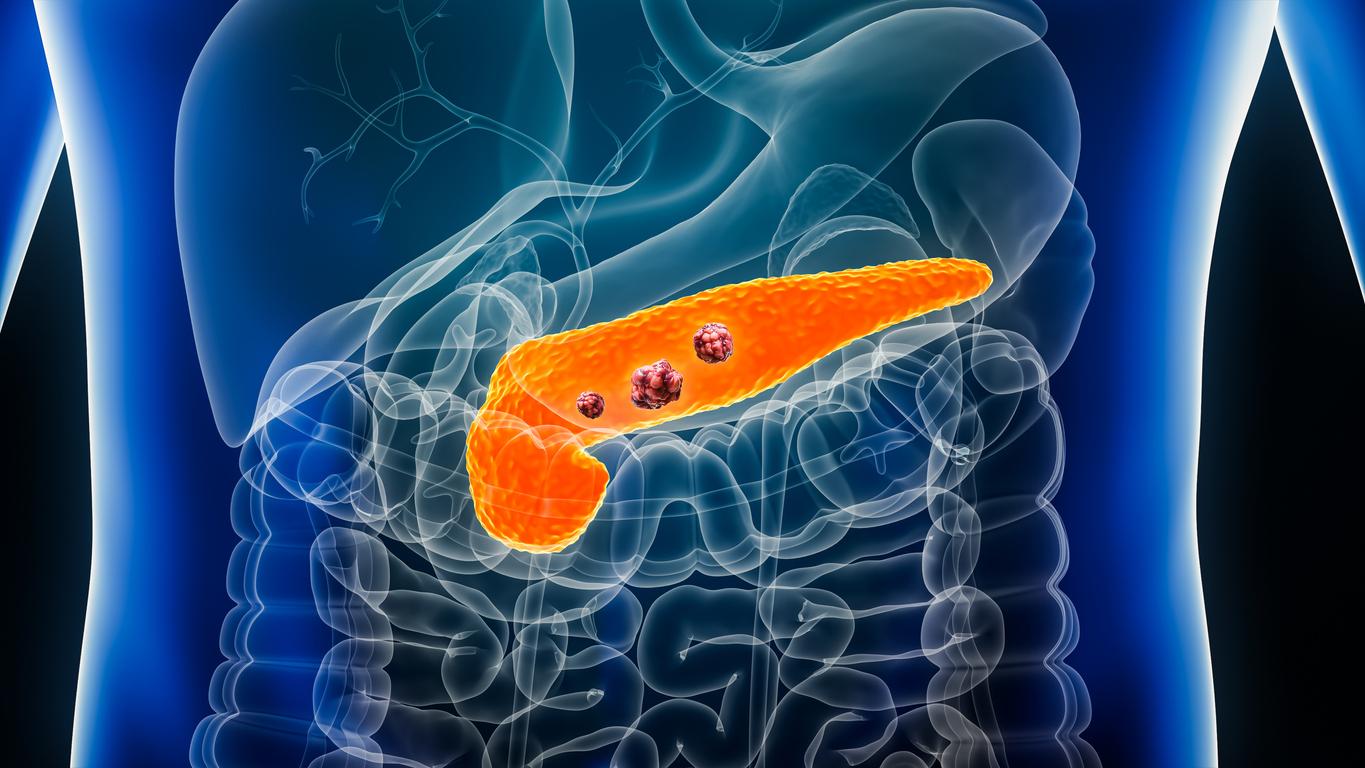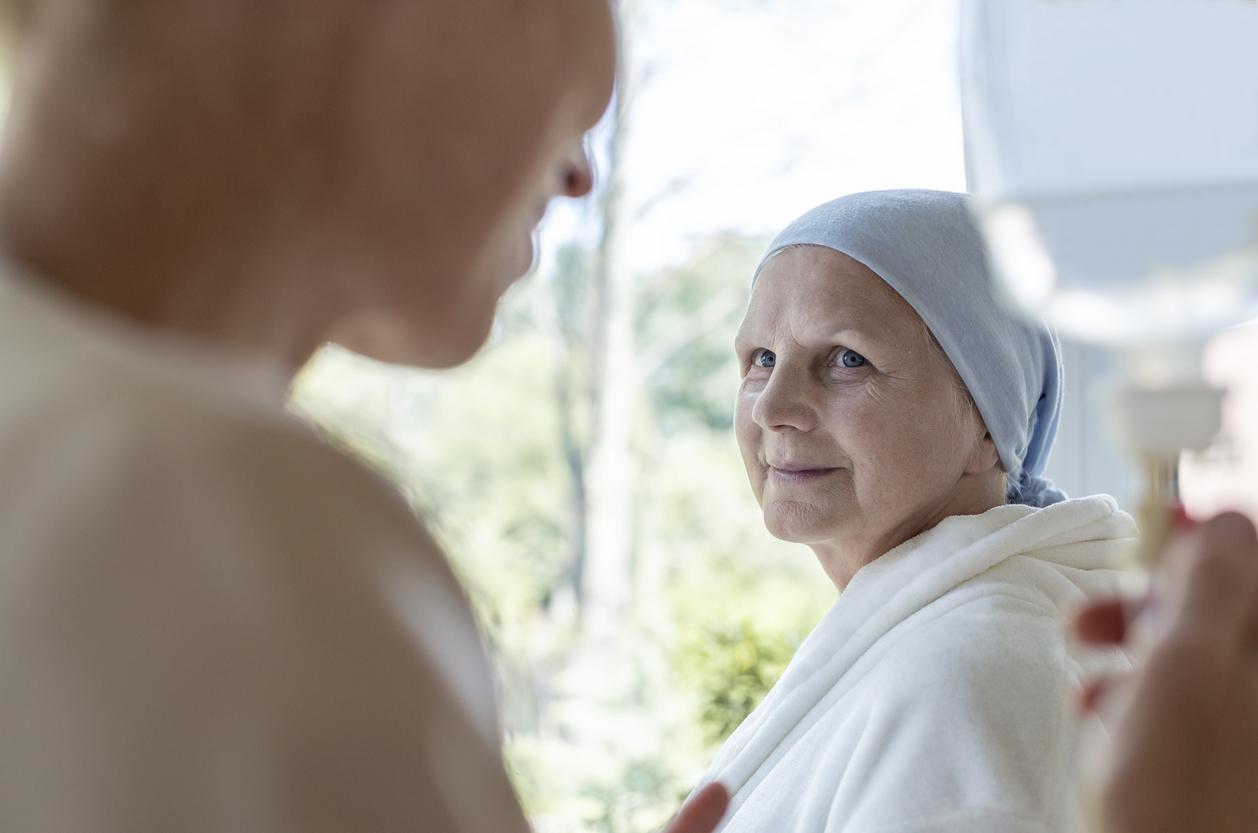Isoquiritigenin, a compound extracted from licorice, may slow the progression of pancreatic cancer and improve the effectiveness of chemotherapy, according to a new study.
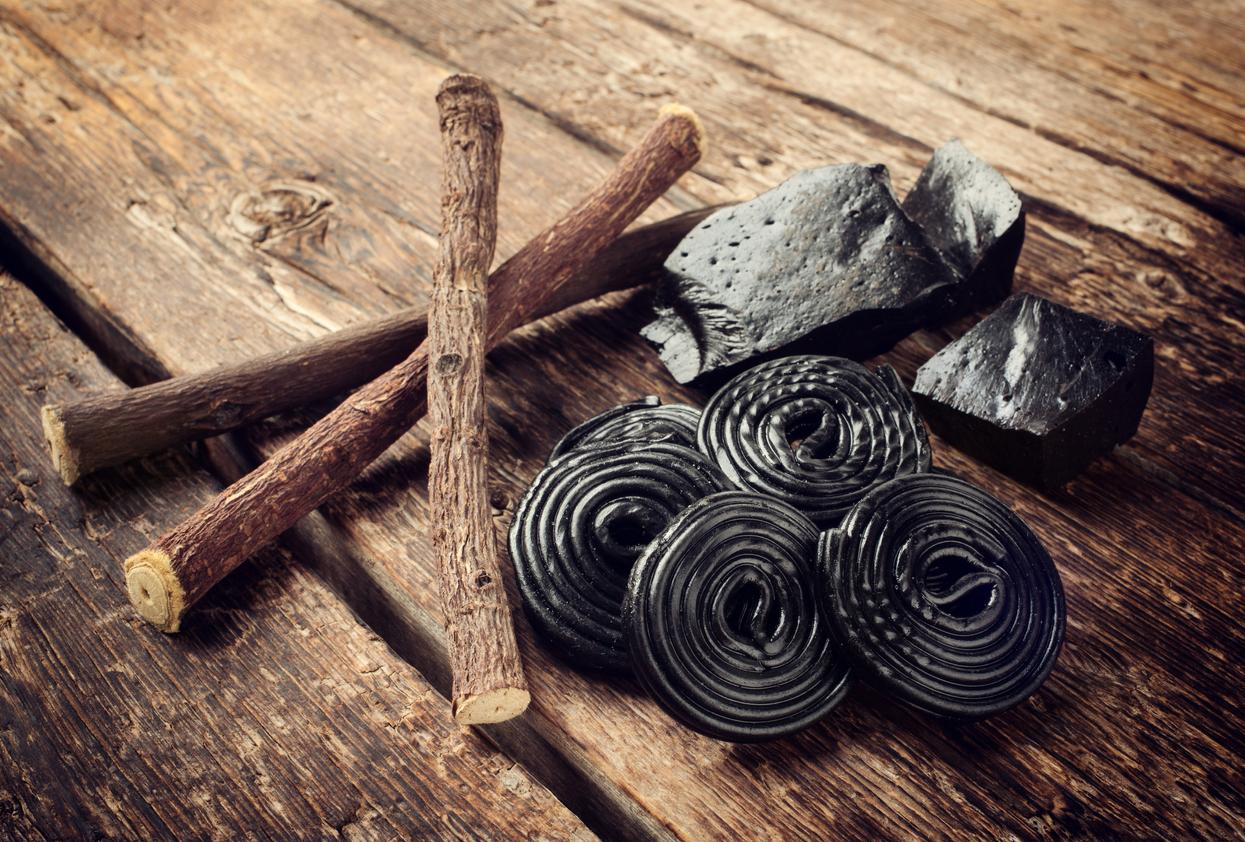
- Pancreatic cancer is often treated very late because its symptoms appear very late. This complicates its management and impacts the survival rate.
- Researchers have discovered the anticancer potential of isoliquiritigenin (ISL), a flavonoid from licorice, in the treatment of pancreatic cancer.
- The molecule appears to inhibit the progression of pancreatic cancer and improve the effectiveness of chemotherapy.
Pancreatic cancer is often called the “silent killer” because most patients have few or no symptoms until it has progressed and cleared up. spread. It is thus particularly difficult to treat. Research, conducted by scientists from Hong Kong Baptist University (HKBU), offers new therapeutic hope. A compound found in licorice called isoliquiritigenin (ISL)could help fight against this type of malignancy.
The results of this work have been published in the journal Phytomedicine and recently presented at the 2023 European Association for Cancer Research Annual Congress, held in Turin.
Pancreatic cancer: l‘isoliquiritigenin licorice kills tumor cells
To explore the potential of the flavonoid isoliquiritigeninDr Joshua Ko and his team of HKBU performed a series of cellular experiments. They studied all of the potential markers for pancreatic cancer as well as the phytochemicals in licorice, its scientific name Glycyrrhiza glabra.
The results showed that theISL was able to inhibit the growth of pancreatic cancer cells and induce their programmed cell death, also called apoptosis. The survival rates of these cells were considerably lower than the survival rates of those nhave not been treated with the molecule derived from licorice.
Tests carried out on mice have confirmed the effectiveness ofISL in inhibiting pancreatic tumor progression. In addition, rodents who received the licorice compound had fewer side effects than those who had chemotherapy, especially regarding neutropenia. (decreased white blood cell count)anemia and loss of body weight.
“L’ISL has the unique property of inhibiting the progression of pancreatic cancer by blocking autophagy, a natural process in which cells in the body eliminate damaged or unnecessary components. Blocking late-stage autophagy in our experiments results in cancer cell death.”explained Dr. Ko in a communicated.

A compound of liquorice in addition to chemotherapy?
In addition to its direct effects on cancer cells,ISL could also improve the efficacy of products chemotherapeutics used in the treatment of pancreatic cancer. Indeed, the researchers found that theisoliquiritigenin blocked the autophagy phenomenon induced by certain chemotherapy drugs.
Therefore, the use of theISL in combination with chemotherapy could potentially improve treatment outcomes in patients with pancreatic cancer. “The results of this study open a new avenue for developing theISL as a novel autophagy inhibitor in the treatment of pancreatic cancer. We hope to collaborate with other research partners to further evaluate the efficacy and potential clinical application of theISL in the treatment of pancreatic cancer”concluded Dr. Ko.



